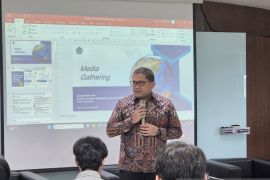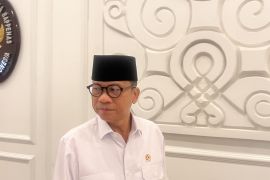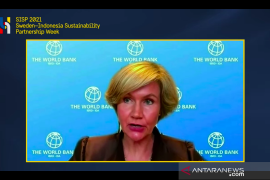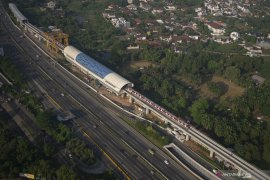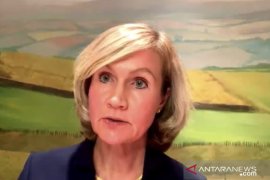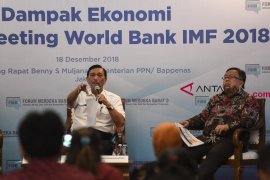"After a relatively strong growth of 5.02 percent in 2016, the Indonesian economic growth is expected to be positive. Indonesia will continue to gain from its structural reform," Rodrigo said.Jakarta (ANTARA News) - The World Bank has predicted a 5.2 percent growth for Indonesian economy in 2017 driven mainly by stronger household consumption.
Rupiah stability improves public confidence in the countrys economy boosted household consumption, chief representative of the World Bank in Indonesia Rodrigo Chaves said when launching the Indonesia Economic Quarterly Report for March 2017 edition here on Wednesday.
He said, quoting from the report, higher real wages and declining unemployment rate strengthened the purchasing power of the people.
"After a relatively strong growth of 5.02 percent in 2016, the Indonesian economic growth is expected to be positive. Indonesia will continue to gain from its structural reform," Rodrigo said.
Investment by the private sector also is predicted to grow as the commodity prices began to recover, he said, adding, higher commodity prices would relax fiscal constraint and increase government spending.
The World Bank stressed the importance of spirit in continually keeping the economy in the structural reform lane to guarantee potential economic growth.
"It is also necessary to make certain that the economy runs inclusively to open wider opportunity for the entire people," Rodrigo said.
Rodrigo, however, warned of the impact of global economic uncertainty and fiscal dynamics, which are still potential to cause a decline in economic growth
Among the factors of global uncertainty is general elections in Europe amid the growing sentiment of protectionism, he said.
In addition, monetary normalization by the US Central Bank (Federal Reserve) and an increase in the Fed Funds Rate also need addressing.
Rodgrigo said global political dynamism could determine the trend of global trade, citing, rift in trade between China and the United States would have impact on Indonesian economy.
The World Bank Bank said uncertainty in the capital and financial market could stunt the countrys economy in mid term.
In addition, continued increase in inflation rate would result in a decline in consumption and economic slowdown, Rodrigo said.
The World Bank predicted that the countrys inflation would rise to 4.3 percent in 2017 from 3.5 percent in 2016 as a result of an increase in electricity tariff and tax on motor vehicles.
The countrys current account deficit is predicted at its lowest level over the past five years at 1.8 percent of the countrys GDP, unchanged from 2016 as a result of commodity price hike.
Meanwhile, the governments budget deficit is predicted to rise to 2.6 percent of GDP on high investment.(*)
Editor: Heru Purwanto
Copyright © ANTARA 2017

